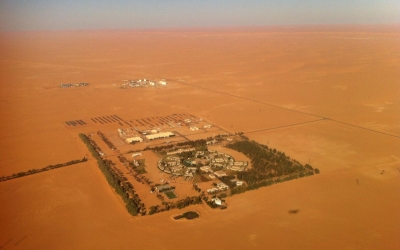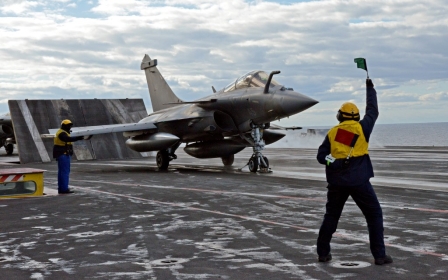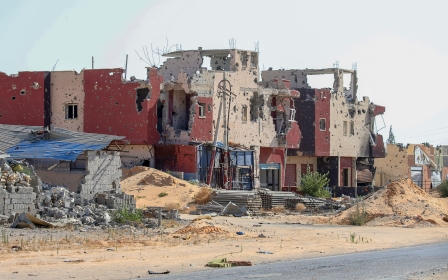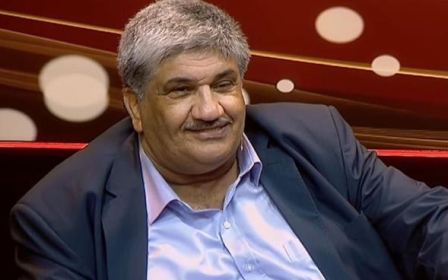US accuses Russian mercenaries of planting land mines in Libya
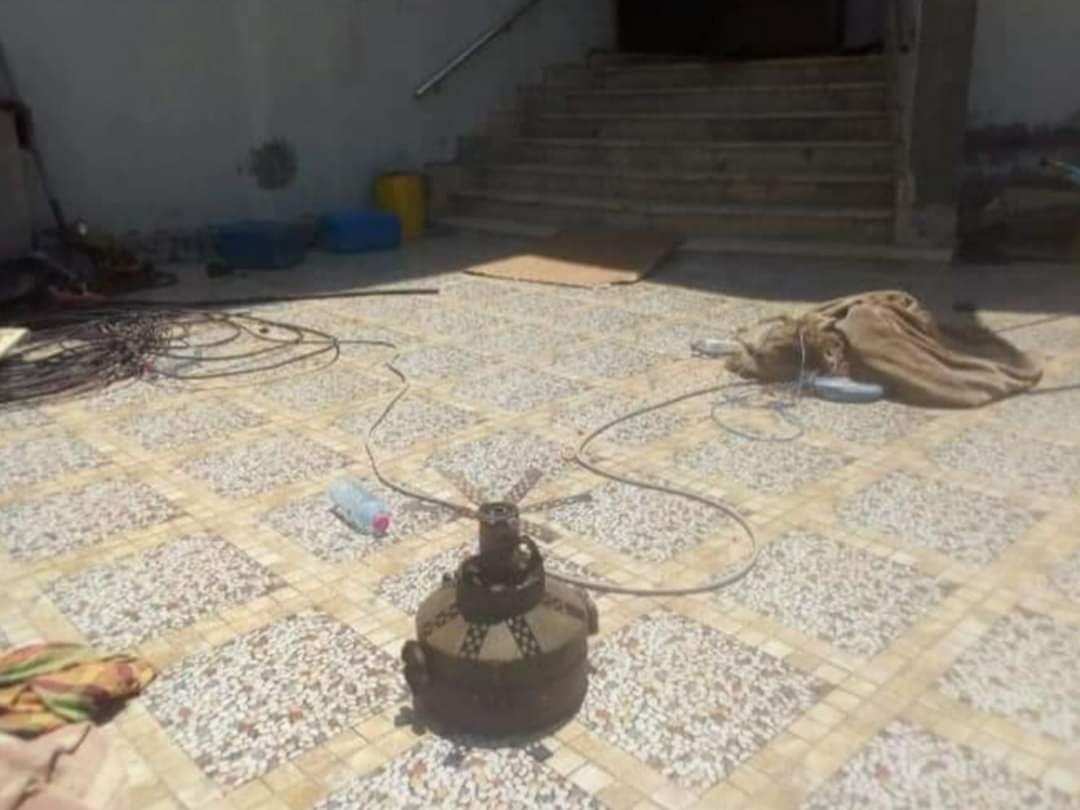
The United States accused Russian mercenaries aiding Khalifa Haftar's offensive against Libya's internationally recognised government of planting land mines and improvised explosive devices (IEDs) in and around the capital, Tripoli.
The US military's Africa Command (Africom) said in a statement on Wednesday that verified photographic evidence showed "indiscriminately placed booby traps and minefields" in or around Tripoli, further violating the United Nation's arms embargo on Libya.
Washington traced the use of the explosive devices to the Wagner Group, a Russian paramilitary organisation operating in Libya.
'The Wagner Group's irresponsible tactics are prolonging conflict and are responsible for the needless suffering and the deaths of innocent civilians'
- Maj. Gen. Bradford Gering, Africom
The private military contractor has been accused of waging secret wars on the Kremlin's behalf in countries including Sudan, Syria and Ukraine.
"Wagner Group's reckless use of landmines and booby traps are harming innocent civilians," Rear Admiral Heidi Berg, AFRICOM's director of intelligence, said in the statement that traced their usage from Tripoli towards the strategic coastal city of Sirte.
New MEE newsletter: Jerusalem Dispatch
Sign up to get the latest insights and analysis on Israel-Palestine, alongside Turkey Unpacked and other MEE newsletters
Russia has repeatedly denied media reports that the Wagner Group, believed to be owned by Yevgeny Prigozhin, a businessman with close links to Russian President Vladimir Putin, is operating in Libya, but a confidential UN report claimed in May that the group had between 800 and 1,200 military contractors on the ground, including snipers and specialised military teams.
"The Russian-state sponsored Wagner Group is demonstrating a total disregard for the safety and security of Libyans," said Major General Bradford Gering, director of operations at Africom.
"The Wagner Group's irresponsible tactics are prolonging conflict and are responsible for the needless suffering and the deaths of innocent civilians. Russia has the power to stop them, just not the will."
Battle for Sirte
Since 2014, Libya has been split between areas controlled by the internationally recognised government (GNA) and territory held by forces loyal to Haftar.
Turkey, along with regional ally Qatar, has backed the GNA, while the Russian mercenaries, the United Arab Emirates and Egypt have supported Haftar.
Both sides in Libya's civil war have been mobilizing for weeks for a battle over Sirte. Haftar's forces took Sirte, the birthplace of former leader Muammar Ghaddafi and a former stronghold of the Islamic State group, in January.
The GNA advance is now halted outside the city, a strategic access point to Libya's key oil fields that remain under Haftar's control.
Turkish presidential spokesman Ibrahim Kalin has said the GNA demands that Haftar's forces withdraw from the Sirte and Jufra region as pre-conditions for ceasefire talks.
Still, Egypt warned last month that a GNA attack on Sirte would trigger military intervention by Cairo, allegedly to protect the country's western border.
Middle East Eye delivers independent and unrivalled coverage and analysis of the Middle East, North Africa and beyond. To learn more about republishing this content and the associated fees, please fill out this form. More about MEE can be found here.


